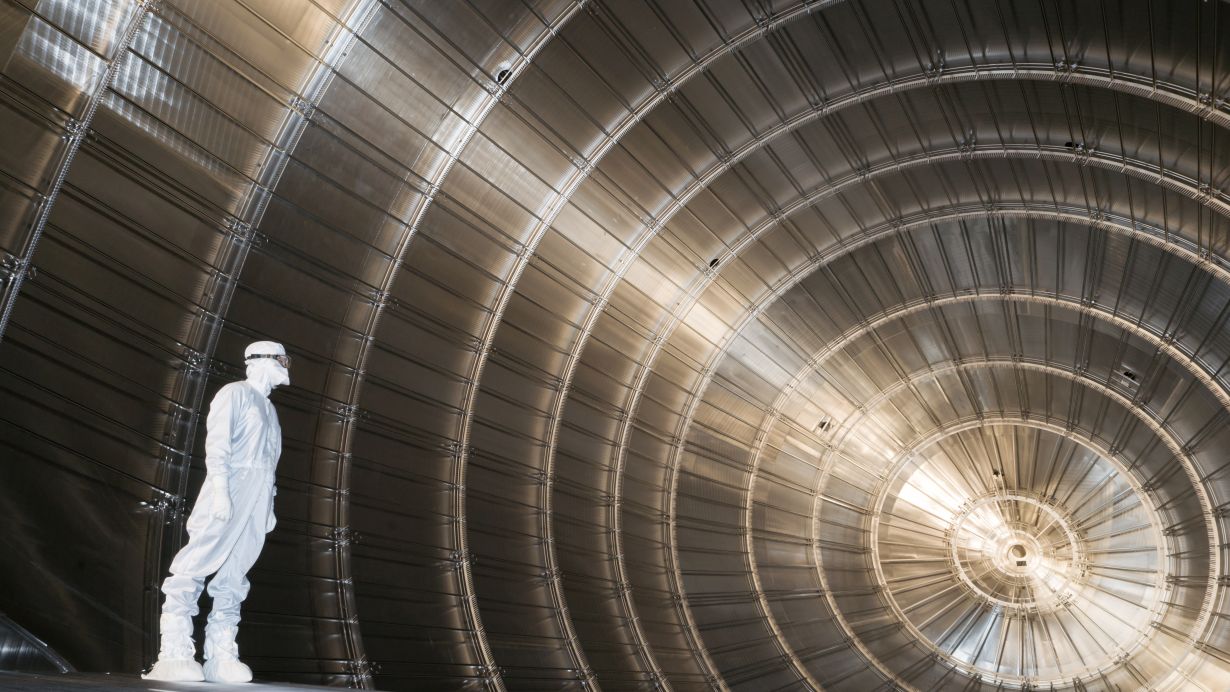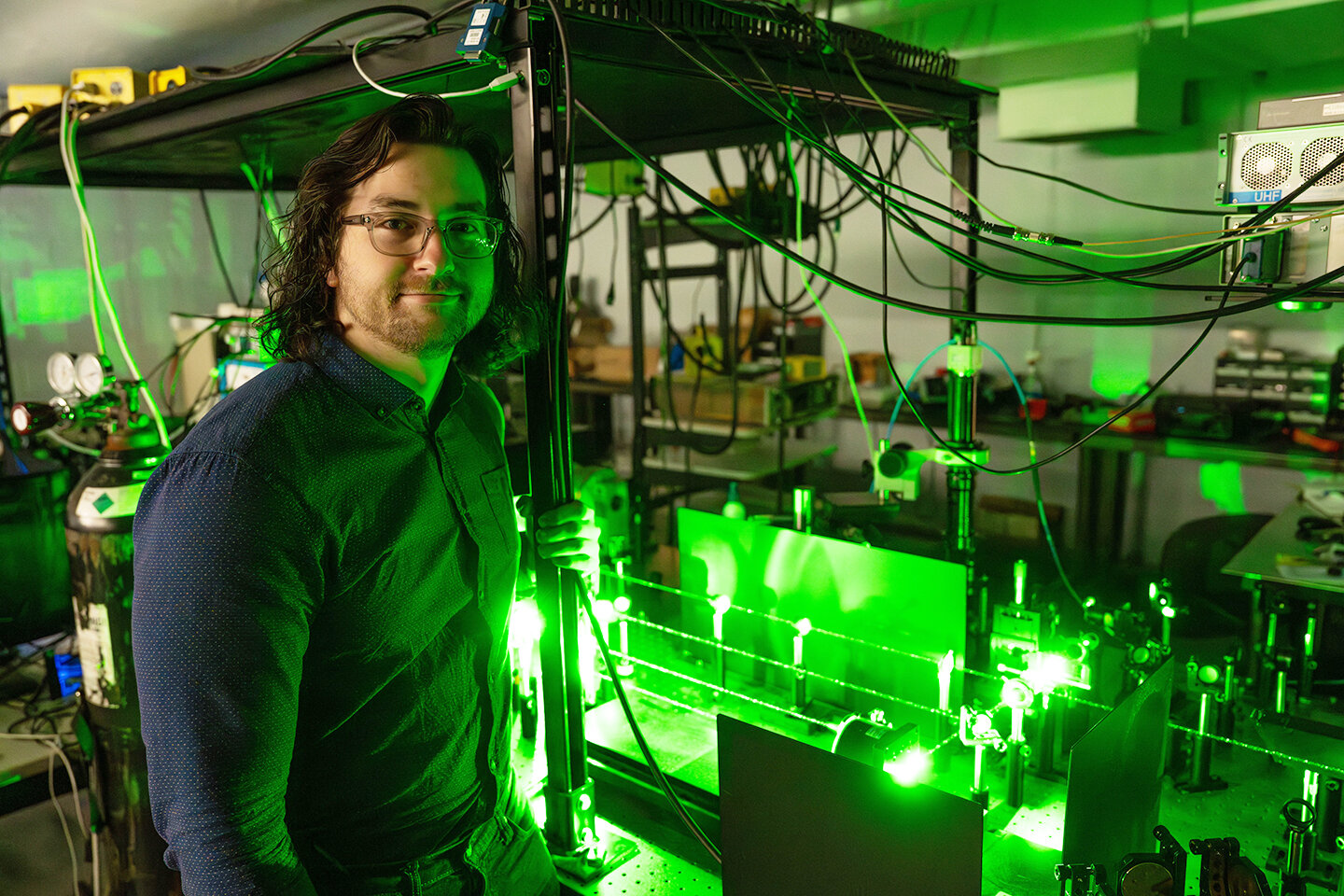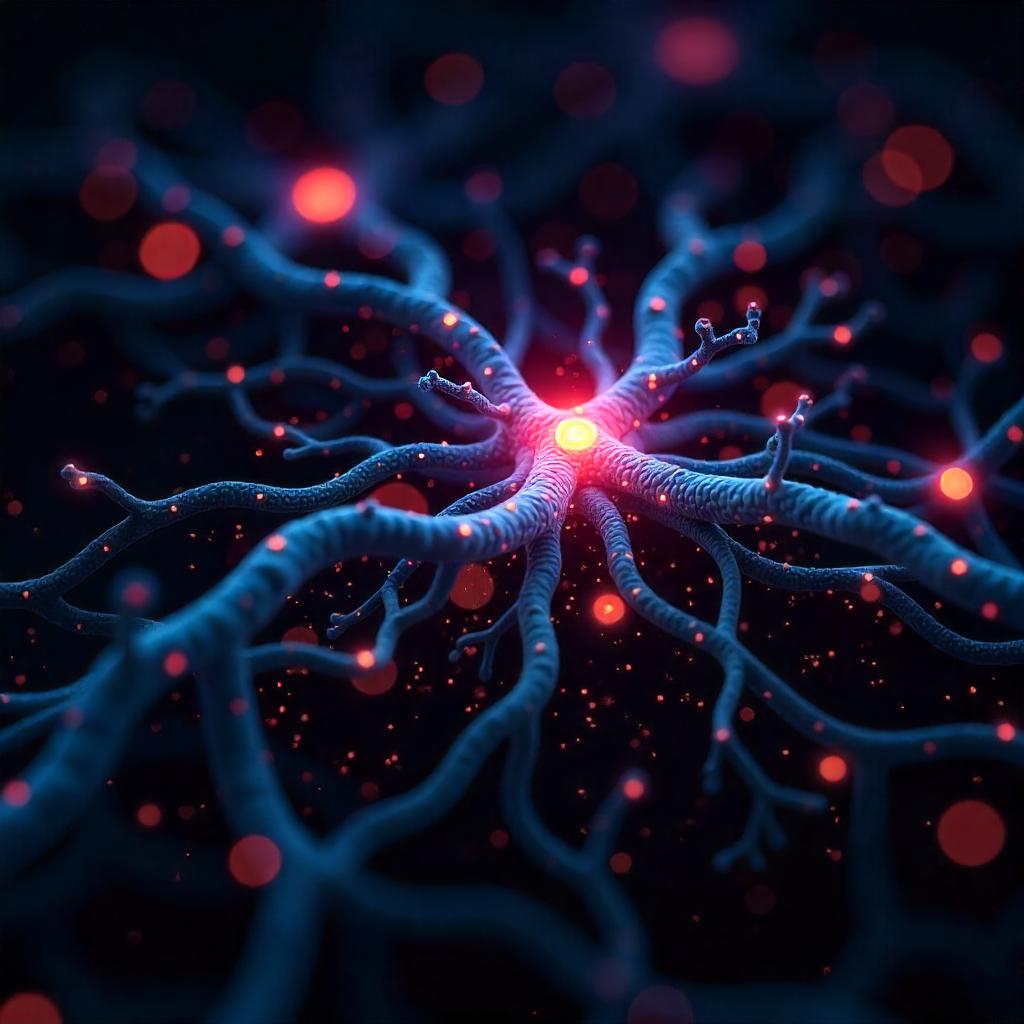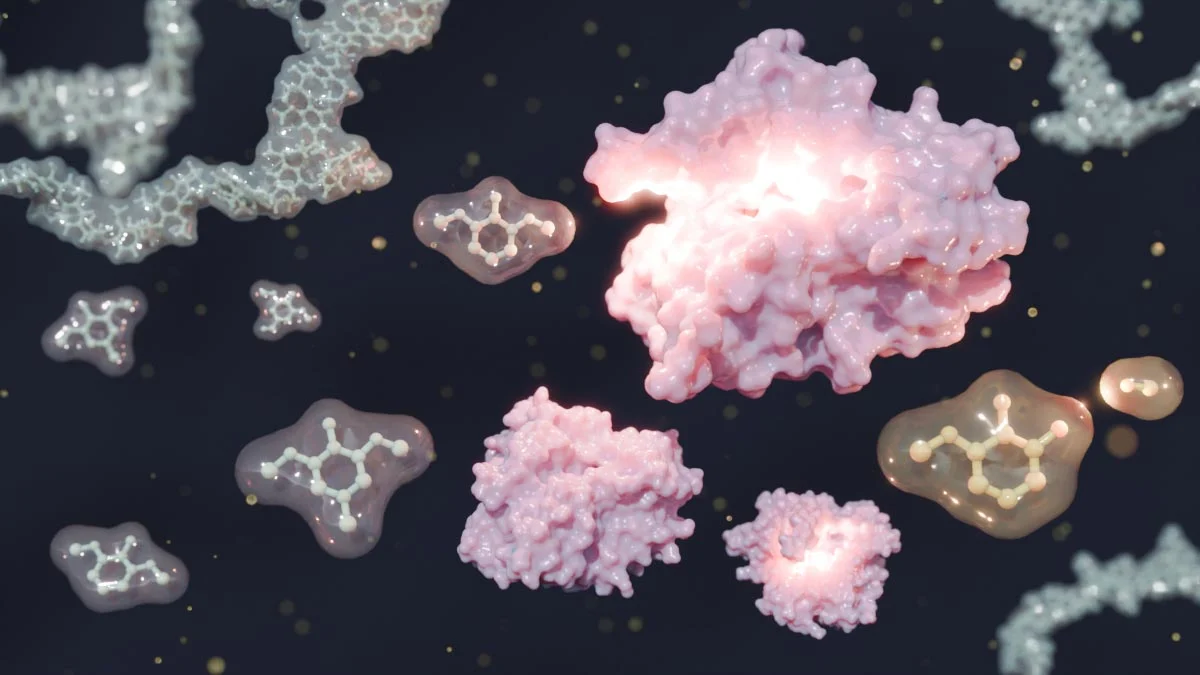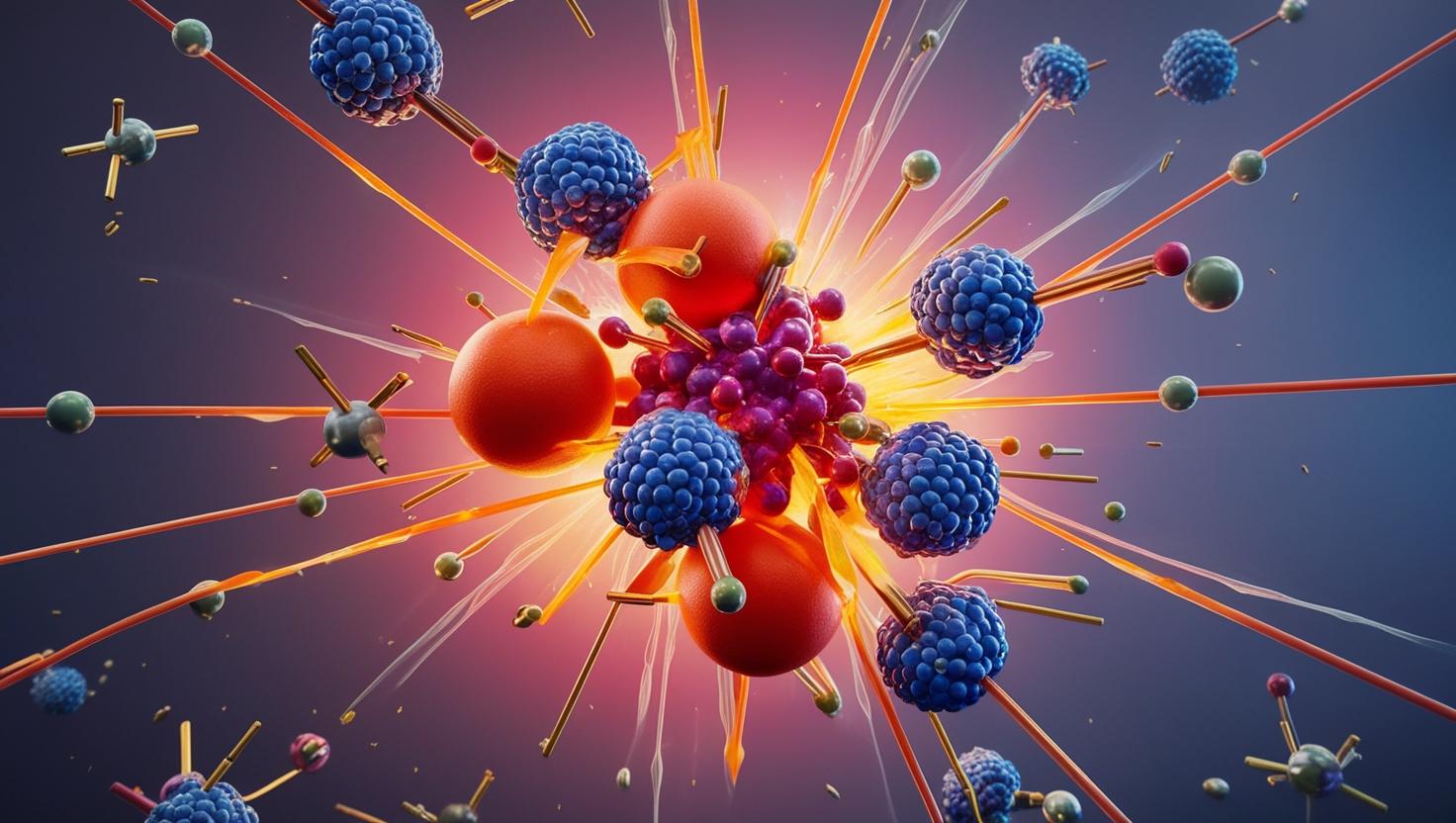A Groundbreaking Leap in Non-Invasive Brain Tumor Detection
Researchers in Berlin have developed a revolutionary artificial intelligence model that can diagnose over 170 types of brain tumors with an astounding 99.1% accuracy—all without the need for risky brain surgery. The AI system, known as crossNN, uses epigenetic data from cerebrospinal fluid (CSF) to detect tumors, completely transforming how doctors approach brain cancer diagnosis.
Why This Breakthrough Matters
No More Surgical Biopsies
Traditional brain tumor diagnosis often involves invasive and risky surgical biopsies. crossNN replaces that with a simple fluid sample, minimizing danger and patient discomfort.
Fast, Precise Results
While conventional biopsy results can take days or even weeks, crossNN delivers near-instant tumor classification using sophisticated neural network analysis.
Personalized, Accurate Insights
Every brain tumor is unique. This AI doesn’t just detect the presence of a tumor—it identifies its exact type using detailed epigenetic fingerprints, making personalized treatment planning possible.
How the AI Model Works
Step 1: Sample Collection
Doctors extract a sample of cerebrospinal fluid, which carries DNA fragments shed by tumor cells in the brain.
Step 2: Epigenetic Sequencing
The DNA is analyzed for epigenetic markers—chemical tags that regulate gene activity. These act as molecular signatures of different tumor types.
Step 3: crossNN Analysis
The AI model compares the epigenetic profile with a vast database of thousands of tumor samples. It identifies the tumor’s type with extraordinary accuracy.
Trained on 82 Known Tumor Categories
crossNN has been trained with data from 82 different tumor types and over 1,000 samples, enabling it to diagnose even rare forms of brain cancer.
Currently in Clinical Trials Across Germany
The model is undergoing multi-center trials in eight hospitals across Germany. Researchers aim to validate its performance in real clinical settings before making it a mainstream diagnostic tool.
Beyond Brain Tumors: A Universal Diagnostic Approach?
Scientists believe this approach could extend to other types of cancer. By decoding tumor DNA from fluid samples, crossNN may one day help diagnose cancers in the lungs, liver, or pancreas—without a scalpel.
What Makes This Innovation So Exciting?
Fluid-Based Precision
This method uses a small CSF sample to decode tumor identity, making it less invasive and more patient-friendly.
Epigenetics and AI: A Powerful Duo
Epigenetics reveals the “on/off” switches of DNA, and AI turns that data into a diagnosis—fast, reliable, and tailored to each individual.
Transforming Cancer Diagnostics
From early detection to personalized treatments, AI models like crossNN are setting the stage for a smarter, less invasive future in oncology.
Are We on the Brink of a Diagnostic Revolution?
With AI now able to diagnose brain tumors with nearly perfect accuracy—and without surgery—the future of cancer care may be less about operating rooms and more about algorithms.
Curious What Else AI Can Do in Medicine?
Follow DailySciTech for the latest breakthroughs in AI, epigenetics, and non-invasive medical technology. The future of diagnosis is already here—are you ready for it?
Reference: “crossNN is an explainable framework for cross-platform DNA methylation-based classification of tumors” by Dongsheng Yuan, Robin Jugas, Petra Pokorna, Jaroslav Sterba, Ondrej Slaby, Simone Schmid, Christin Siewert, Brendan Osberg, David Capper, Skarphedinn Halldorsson, Einar O. Vik-Mo, Pia S. Zeiner, Katharina J. Weber, Patrick N. Harter, Christian Thomas, Anne Albers, Markus Rechsteiner, Regina Reimann, Anton Appelt, Ulrich Schüller, Nabil Jabareen, Sebastian Mackowiak, Naveed Ishaque, Roland Eils, Sören Lukassen and Philipp Euskirchen, 6 June 2025, Nature Cancer.
DOI: 10.1038/s43018-025-00976-5
Daily science news 2025, Best science blogs, New science research 2025, Popular science articles, Latest science news 2025, Latest AI and robotics news




